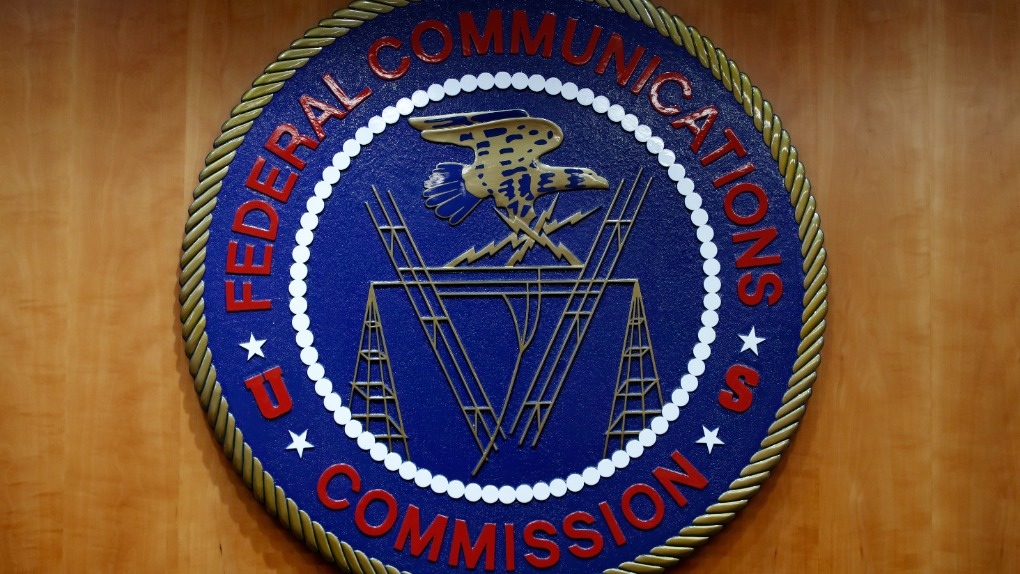
Is broadband essential, like water or electricity? New net neutrality effort makes the case
CTV
Landmark net neutrality rules rescinded under former President Donald Trump could return under a new push by U.S. Federal Communications Commission chair Jessica Rosenworcel. The rules would reclassify broadband access as an essential service on par with other utilities like water or power.
Landmark net neutrality rules rescinded under former President Donald Trump could return under a new push by U.S. Federal Communications Commission chair Jessica Rosenworcel. The rules would reclassify broadband access as an essential service on par with other utilities like water or power.
"For everyone, everywhere, to enjoy the full benefits of the internet age, internet access should be more than just accessible and affordable," Rosenworcel said at an event at the National Press Club. "The internet needs to be open."
The proposed rules would return fixed and mobile broadband service to its status as an essential telecommunications service under Title II of the Communications Act. It would also prohibit internet service providers from blocking or throttling lawful Internet traffic and from selling "fast lanes" that prioritize some traffic over others in exchange for payment.
The move comes after Democrats took majority control of the five-member FCC on Monday for the first time since President Joe Biden took office in January 2021 when new FCC Commissioner Anna Gomez was sworn in.
Rosenworcel said the FCC will vote in October to take public comment on the proposed rules.
What is net neutrality?
Net neutrality is the principle that internet providers treat all web traffic equally, and it's pretty much how the internet has worked since its creation. But regulators, consumer advocates and internet companies were concerned about what broadband companies could do with their power as the pathway to the internet -- blocking or slowing down apps that rival their own services, for example. Big telecom companies have fought regulations fiercely in court. They say the rules can undermine investment in broadband and introduced uncertainty about what were acceptable business practices.





















 Run 3 Space | Play Space Running Game
Run 3 Space | Play Space Running Game Traffic Jam 3D | Online Racing Game
Traffic Jam 3D | Online Racing Game Duck Hunt | Play Old Classic Game
Duck Hunt | Play Old Classic Game